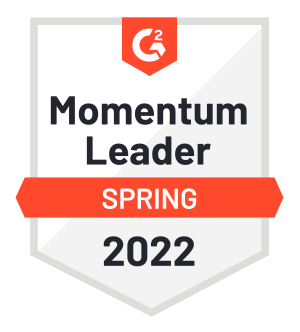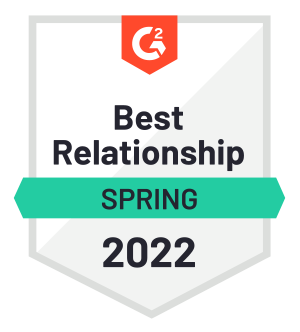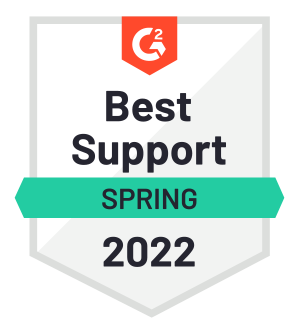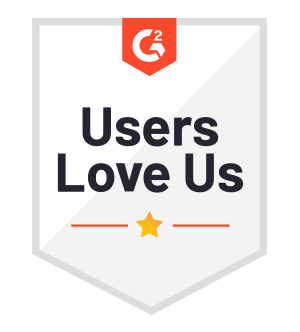What Speed Dating Can Teach Us About Sales
Forbes recently published a story on research by Karen Huang, a Ph.D student at Harvard, that suggests that people who ask questions, particularly follow-up questions, may become better managers, land better jobs, and even win second dates. Huang designed a study that examined whether asking questions at a first meeting improved the relationship or made no difference. She asked groups of volunteers to get to know one another and requested that the volunteers either ask a lot of questions or very few. In the conversations where one person asked many questions, the person that was answering the questions reported liking his conversation partner more. In analyzing a similar scenario with speed dating, the researchers discovered similar results. In other words, those people that asked more questions were more likely to be asked on follow-up dates than those who did not ask questions.
Self-Motivated
Take a moment and consider how the findings from this study can apply to the methods we use in sales. Basically, this research reinforces what we all know: that people enjoy talking about themselves. People like to answer questions about their hobbies, how they spent the weekend, their joys and pet peeves. When another person expresses an interest in us, this makes us happy, gives us confidence and validates our lives. We feel good and are open to continuing the conversation. Consider, for a moment, how you would react if a sales person asks nothing about your line of work, area of specialty, or business needs and launches into a scripted monologue. He or she shares product features, why you should buy, etc. without consideration of what your specific issues are. Would you want to listen? Would you want to buy?
Early in my career, I made sales calls I can only describe as formulaic and uninspired. I hoped that the person on the other line would just stay on the phone long enough to hear my pitch. I concluded that the only thing I needed to do was nail the facts and features of my product and ask for the sale. I didn’t try to connect with the client and as a result the conversation was little more than a one man show: “This is what my product offers and it’s the best on the market, etc. etc.” It is amazing I had any sales at all with this approach.
The Value That Comes from a Conversation
The research shared above shows that engaging your potential client in a dialogue is one of the best things you can do. Ask questions that help you understand your buyer’s situation. Your questions show your interest in filling a real need that the buyer has. Once you hear the buyer’s issues, be honest about what your product or service doesn’t offer. Humility plays a role here and helps you connect with customers. Listen to the doubts and speak to those. There is a good chance this dialogue will convince the client that your product would suit his needs best. At the very least, you, the seller, are listening and asking questions of the buyer and we know this is a winning strategy.
My approach to sales calls has evolved with time. Above all, I want customers to find value in our product and I want the dialogue that we start at the first phone call to become routine. Customers need to be in the feedback loop; as I have mentioned in other posts, on-going discussions with practicing engineers only helps our software get better. Approaching clients with questions about their needs makes sense on multiple levels. The research shared at the beginning of this article only reinforces what I think I already knew. Ask questions to build rapport and establish trust with the client and continue the conversation for as long as the business relationship lasts.





















